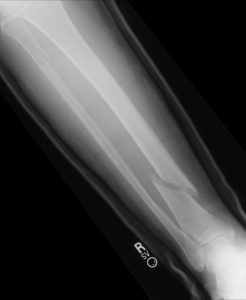As an L.A. employment lawyer, we’ve fielded a fair number of questions about the legality of lay-offs or termination of an employee who is on maternity leave or parental leave. 
The answer isn’t always cut-and-dried, depending a fair bit on the specific circumstances of the case.
Of course, losing a job in general is never an easy prospect. But firing or laying off someone who is on parental leave is arguably all kinds of wrong from a moral perspective – especially because employees in this situation truly need both money and health care during this time. One might even consider it “emotional robbery.” Those first few days, weeks, and months bonding with a new baby are priceless. If the parent is suddenly overwhelmed with stress over finances and healthcare, they’re emotional and physical energy will be spent elsewhere – and that’s time they’ll never get back. It can also have serious health consequences, especially for employees who have just given birth.
All this makes it very risky for a company’s reputation and brand to engage in such practices. And yet, some still do. Whether that’s the basis for a successful California employment lawsuit will hinge on a few different factors.
Rights of Employees on Parental Leave
There are federal and state laws that protect the rights of employees on parental leave. California has some of the strongest state-level parental leave protections.
California (as well as a handful of other states) requires paid parental leave – up to 8 weeks of partial wage replacement to eligible workers. It can be used for new parents and/or within 1 year of a child’s birth or foster care placement or adoption. Pregnant mothers are also given up to 4 months of job-protected disability leave prior to parental leave once the child is born. The California Paid Family Leave law (available to workers at companies with 20+ employees) is not solely for new parents, but can also be used to care for a seriously ill close family member. Continue Reading ›
 Orange County Employment Lawyers Blog
Orange County Employment Lawyers Blog










